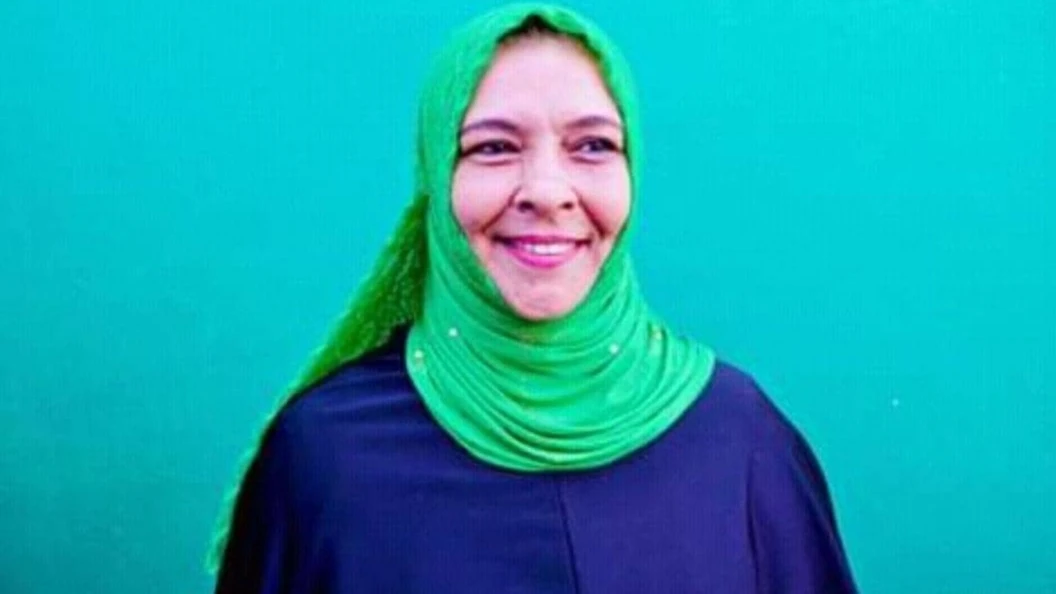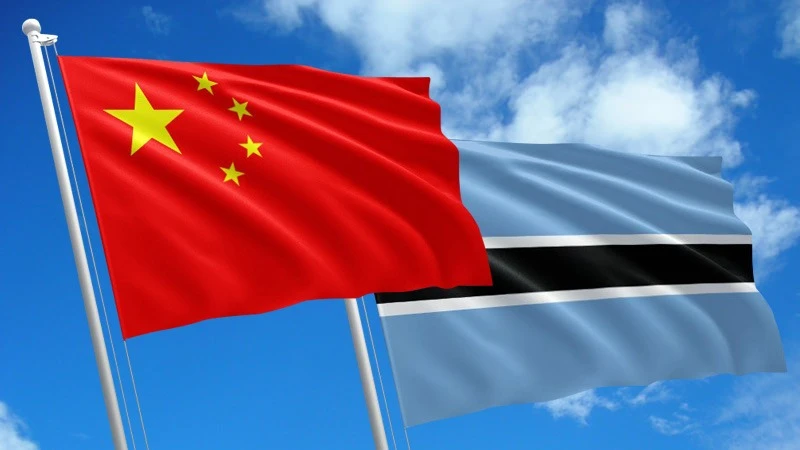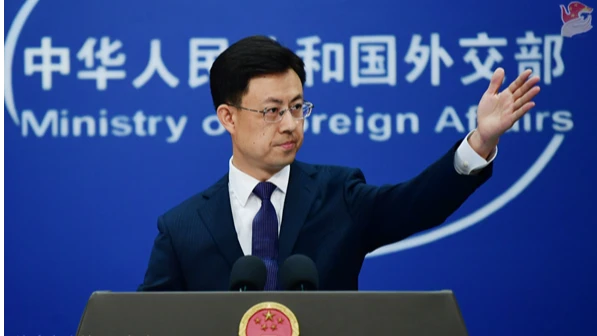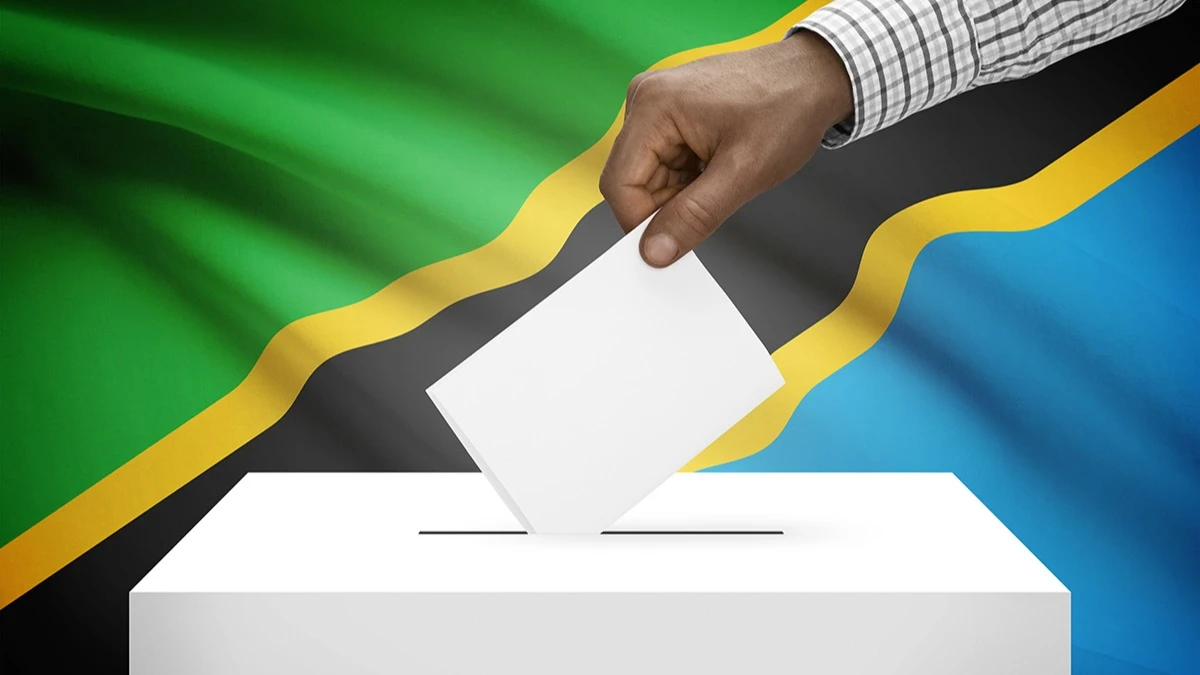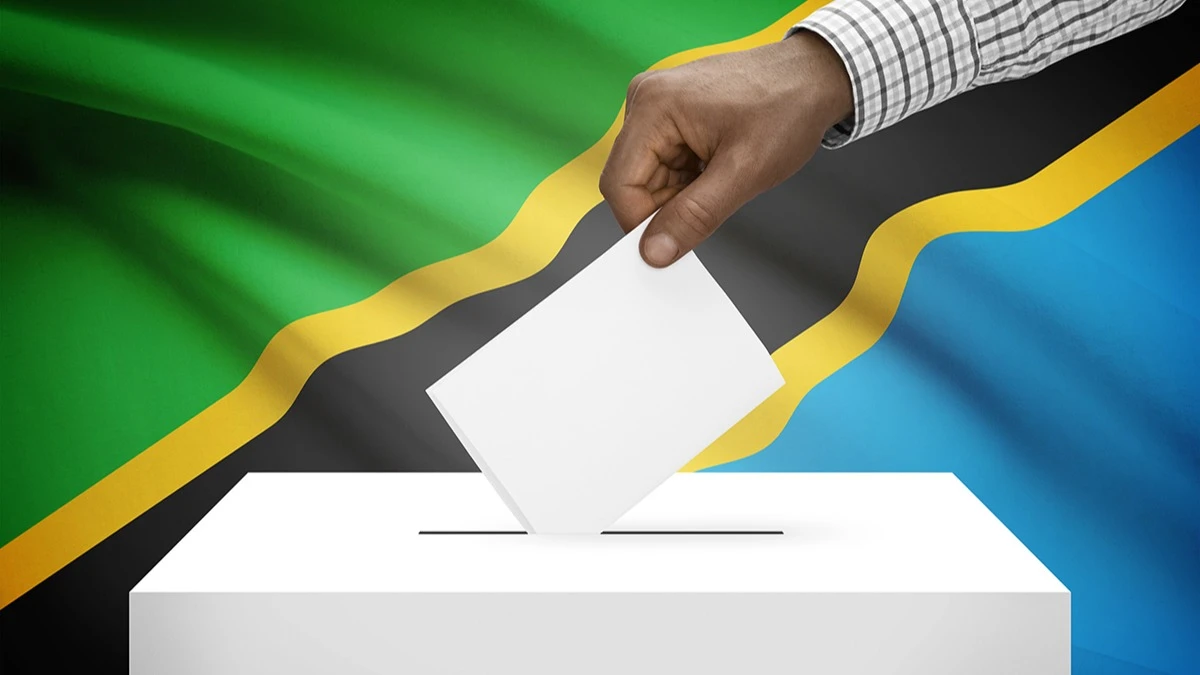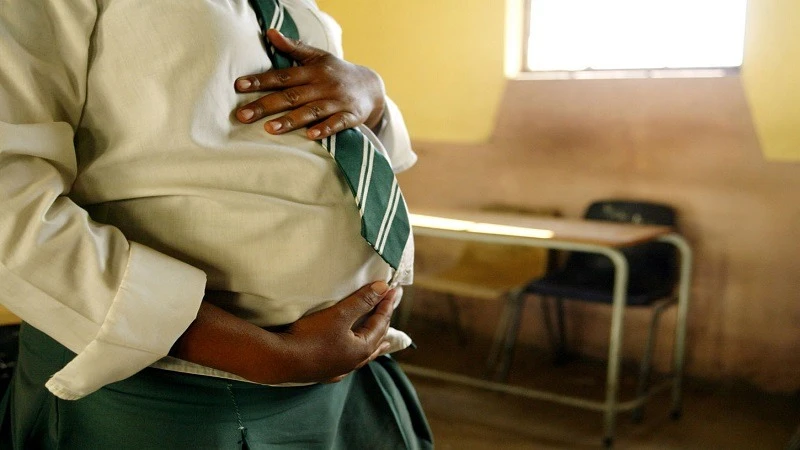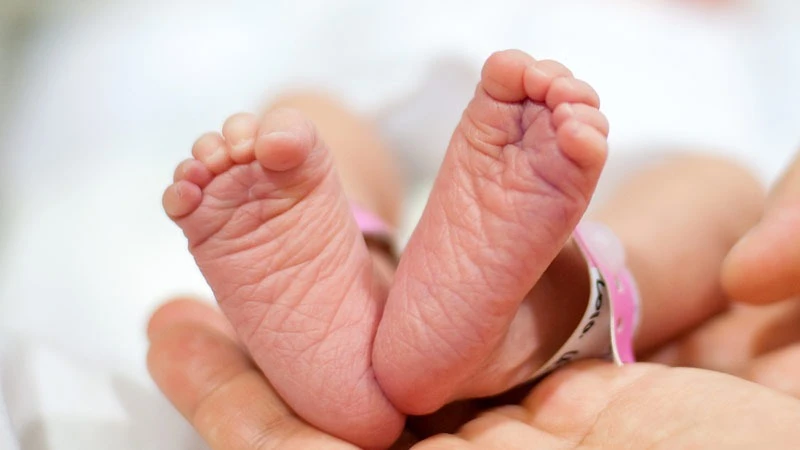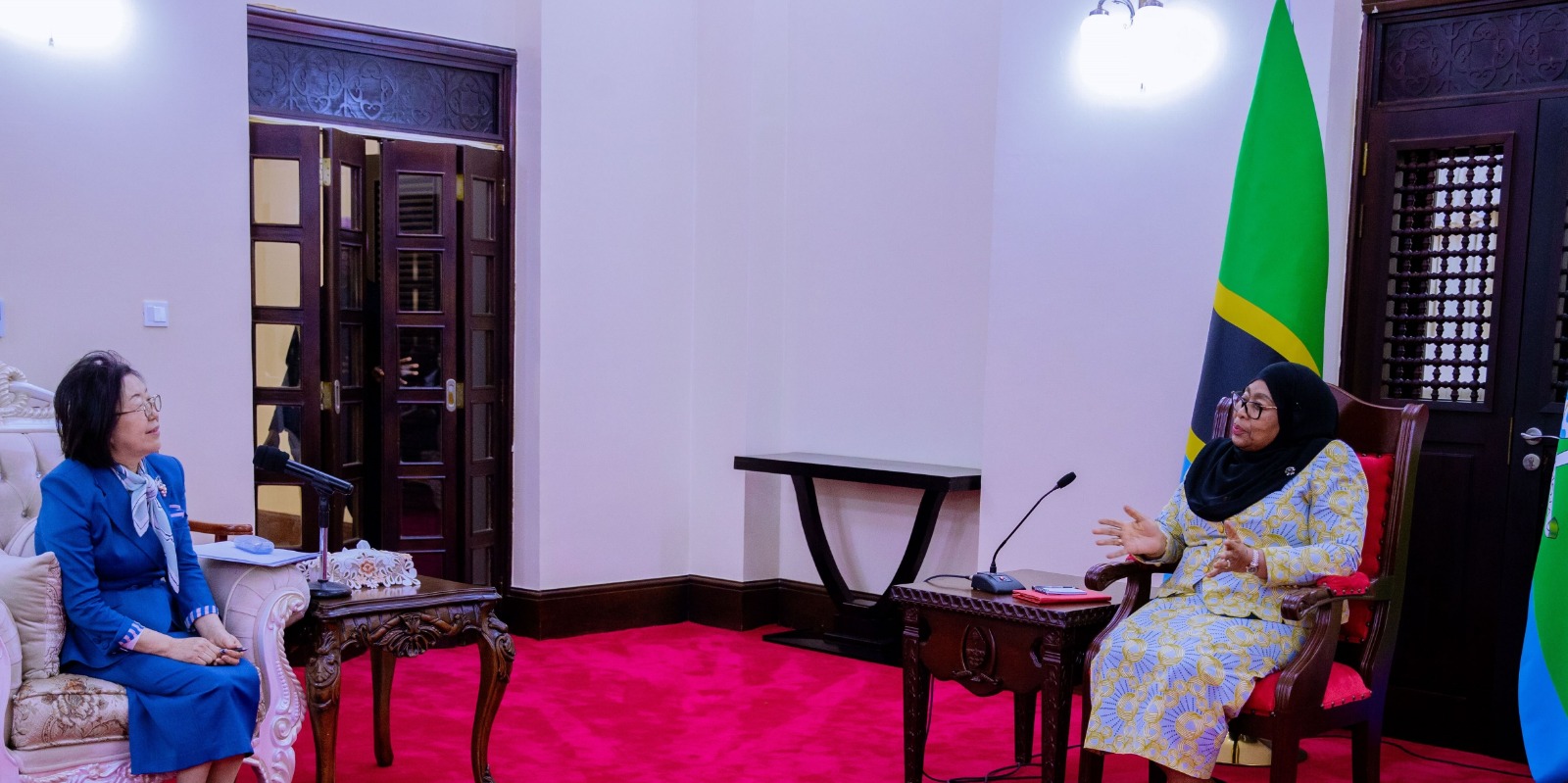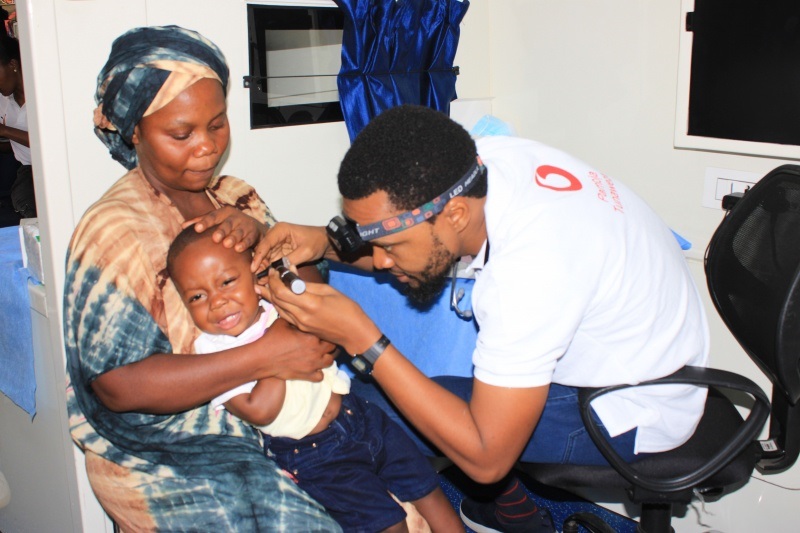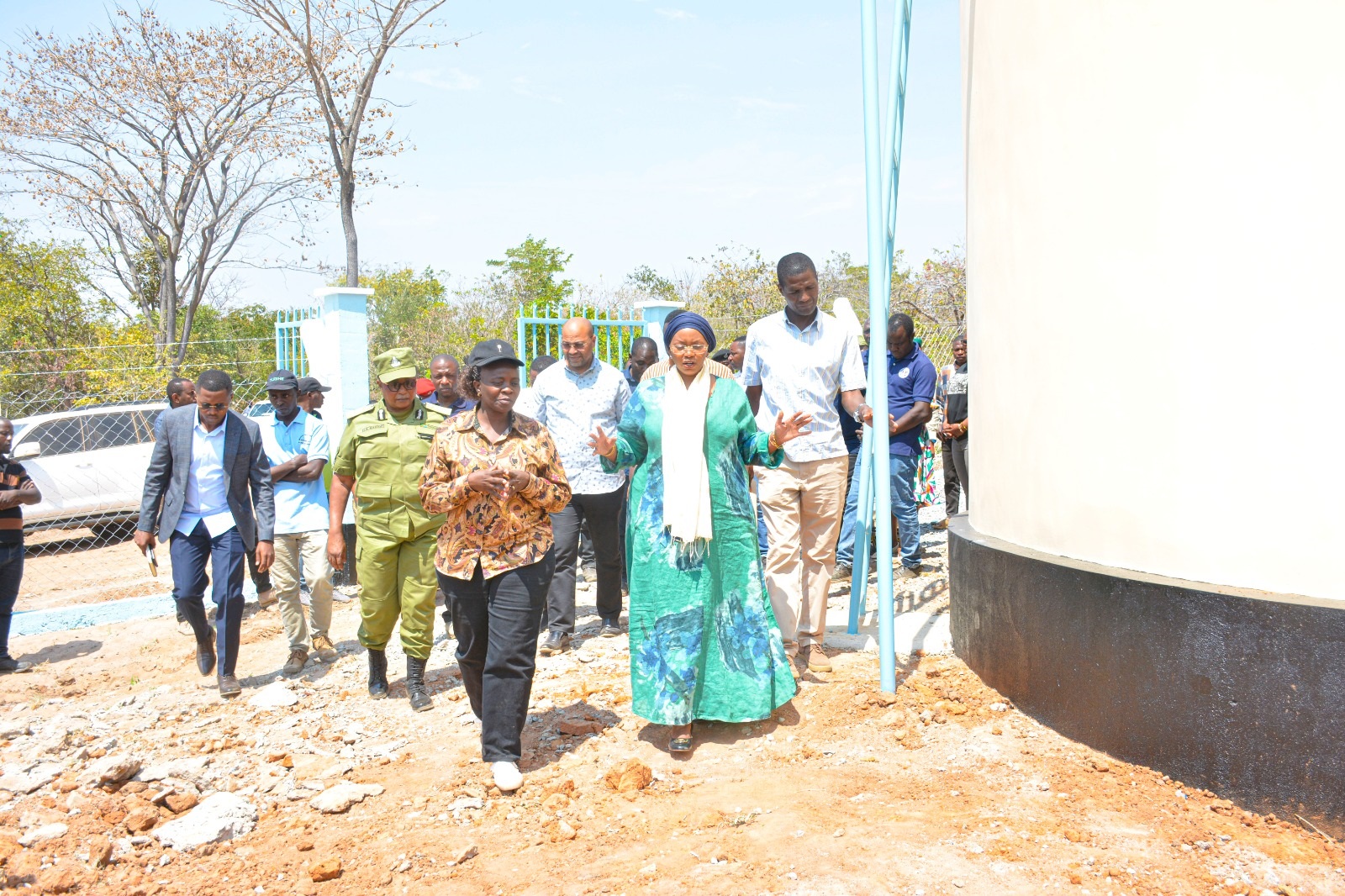Prioritizing wellbeing, self-care: A feminist approach to rural women’s empowerment
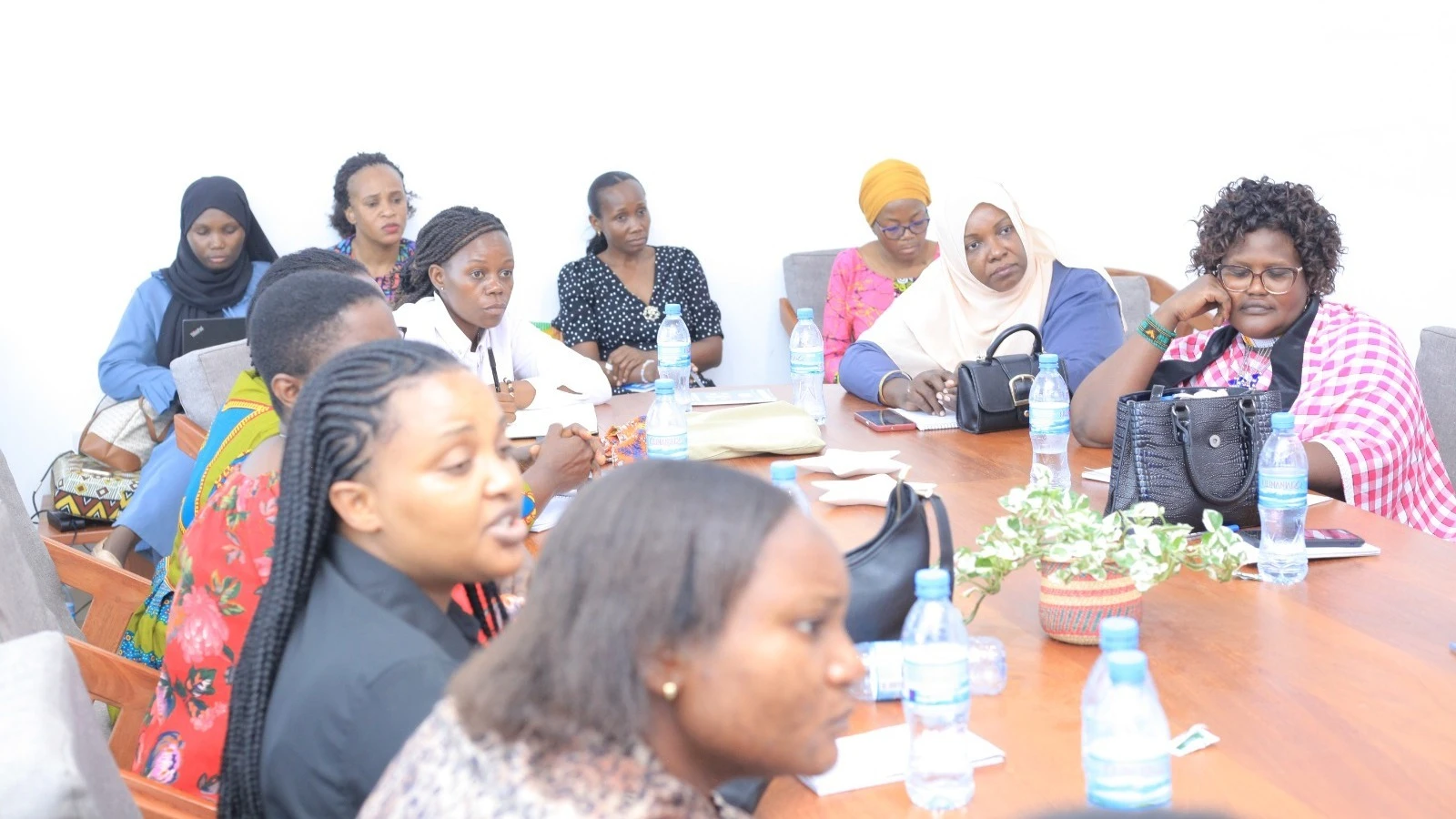
WHATEVER your profession in life, whether as a livestock keeper, farmer, entrepreneur, or paralegal—taking care of your physical health, emotional well-being, spirituality and overall wellness is essential.
Practicing self-care and healing can help prevent strokes and other health complications, reduce stress, and improve your quality of life. This is why women livestock keepers, farmers, entrepreneurs, and paralegals must recognize the importance of self-care. They need to love and value themselves and make healing a priority for their well-being in every aspect of life.
The aim is to reduce or eliminate anxiety and depression, lower stress levels, enhance concentration, minimize frustration, and increase happiness in their daily lives.
Self-care supports better mental health by offering chances to relax, recharge, and engage in activities that bring joy and a sense of fulfilment.
Mary Rusimbi, Co-Founder of the Women Fund Tanzania Trust (WFTT), emphasized this approach while training pastoralists, farmers, and paralegals. She focused on feminism, climate change, and the importance of a feminist woman protecting, loving, and valuing herself, supporting others, and working collectively within organizations.
However, self-healing and collective care are essential tools that help these women handle stress, build resilience, boost happiness, prevent trauma and carry out their responsibilities more effectively.
Recognizing the value of healing, self-care, and collective care, Women Action Towards Economic Development (WATED) launched a new programme to educate women on these topics.
The goal is to strengthen their well-being, reduce stress and empower them to lead fulfilling lives in all areas of their work and personal life.
So far, 28 women livestock keepers, farmers, entrepreneurs, and paralegals from Simanjiro and Kiteto in the Manyara Region, and from Ngara, Lindi, Mtwara, Kigoma, Mafia, and Karagwe Districts, have been trained in healing, self-care and collective care. The training encourages them to love and value themselves and prioritize their wellbeing.
The purpose of the training was to help women recognize and heal the emotional wounds they carry and reflect on how these wounds affect their lives and wellbeing. They also learned how to address and find solutions to these wounds.
Another objective of the training was to deepen understanding of gender concepts, feminism, patriarchy, gender issues, power dynamics, and the interconnection of oppressive systems. It also aimed to improve their capacity to analyze climate change and environmental justice through a feminist lens.
Participants learned why it is vital for women to protect, love and value themselves; how to identify oppressive systems and dismantle them; and how to challenge perceptions that women do not contribute meaningfully to work and society.
“You can dismantle these oppressive systems by first understanding them,” Rusimbi said. “Ask yourself what kinds of systems they are, then reject them or find ways to transform them to enhance well-being in your communities.”
She added: “When drafting funding proposals to address oppressive systems that diminish women’s dignity, clearly define the systems you aim to dismantle. Identify the root causes of these problems, and involve those who contribute to them when seeking solutions.”
Rusimbi encouraged women to analyze sources of oppression in their work and communities, aiming to dismantle the patriarchy that perpetuates it.
They were also trained on how to identify, reject, and dismantle oppressive systems in order to bring prosperity to their communities and personal lives. They were encouraged to foster unity, speak with one voice, and support fellow women facing challenges at the family, community, or institutional levels.
“In difficult moments, practicing self-care and healing is crucial,” she said. “It reduces frustration, increases happiness, and may even help prevent strokes and other health issues.”
In addition, the training covered feminist and gender concepts, strategies to advocate for women's rights, how to develop a collective voice around climate change, and how to amplify women’s stories and struggles in society.
Other topics included the unequal division of labour, patriarchal systems that suppress women's recognition and the impact of the informal economy.
Participants also learned to identify and eliminate harmful traditional practices while preserving those that promote communal and women’s well-being.
“When you return to your communities, identify elders who uphold harmful traditions,” Rusimbi advised. “Engage them in conversations to show how such practices harm society, especially women. At the same time, let’s protect and strengthen positive cultural practices that benefit everyone.”
She urged farmers, livestock keepers and paralegals to examine the origins of oppressive systems through in-depth analysis. “Start at the individual level, then examine your organizations and review what the constitution says,” she advised.
Helen Lucas, a pastoralist from Orkirung’urung’u village in Edonyoegyape ward, Simanjiro District, shared how the training helped transform her mind-set.
“The training has changed me greatly. I’m now completely healed. I no longer feel anger. I’m focused on my life and my family. I’ve opened my heart, let go of the past, and I’m moving forward with peace,” she said.
“Before the training us on healing, self-care, and collective care, I lived with deep anger all my life. It started when my father married a second wife. My stepmother hated me, separated me from my father, didn’t want me to go to school, and even denied me medical care when I was ill,” she shared.
“Even when I passed my Form Four exams with Division 2, my stepmother convinced my father not to send me to school. She insisted I should get married. I cried and felt like my dream of becoming a doctor had ended,”
After being denied further education, Helen was forced into a loveless marriage by her father and uncles. She lived with resentment, trauma, and hatred toward her stepmother for years.
Top Headlines
© 2025 IPPMEDIA.COM. ALL RIGHTS RESERVED











